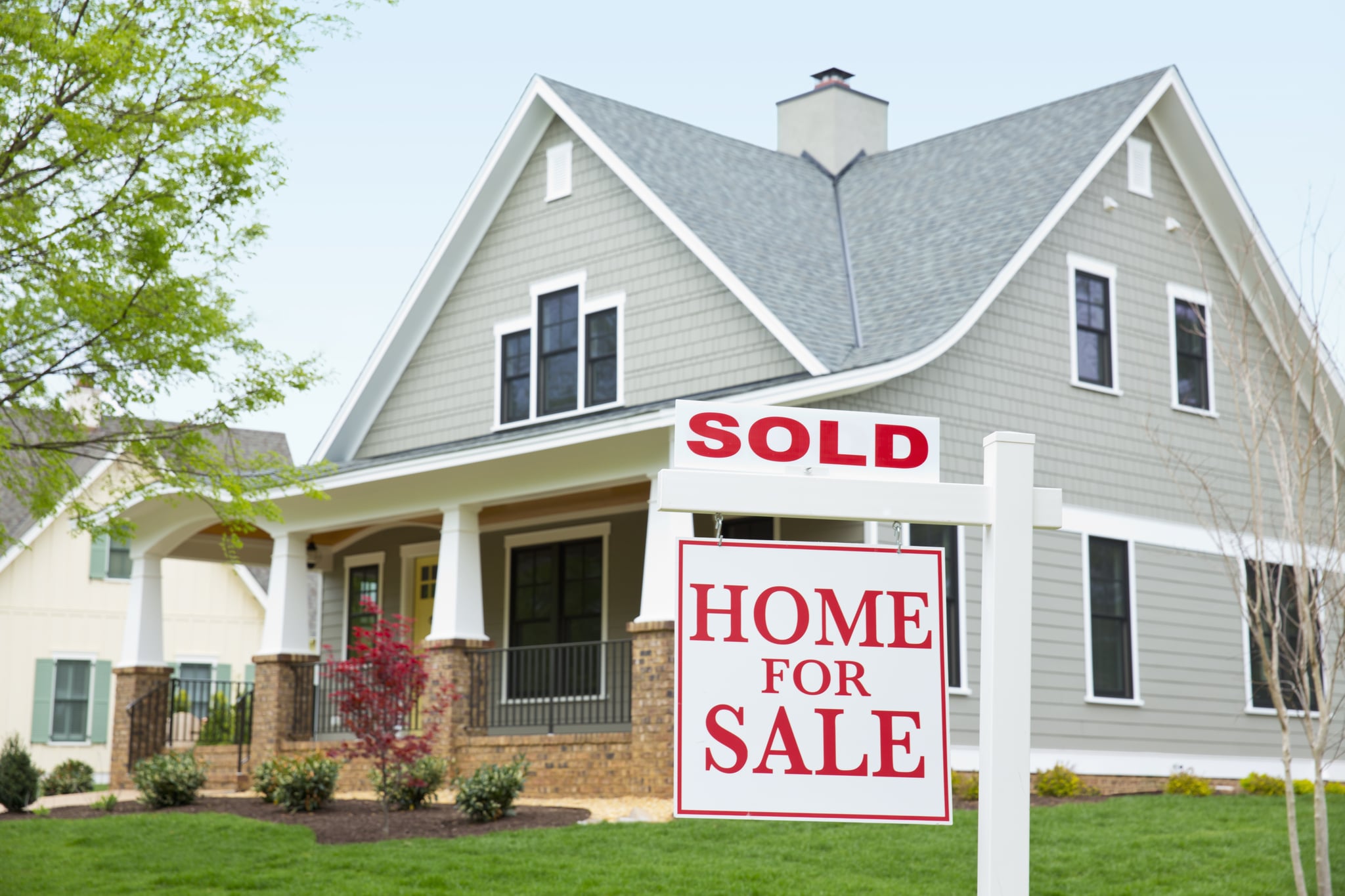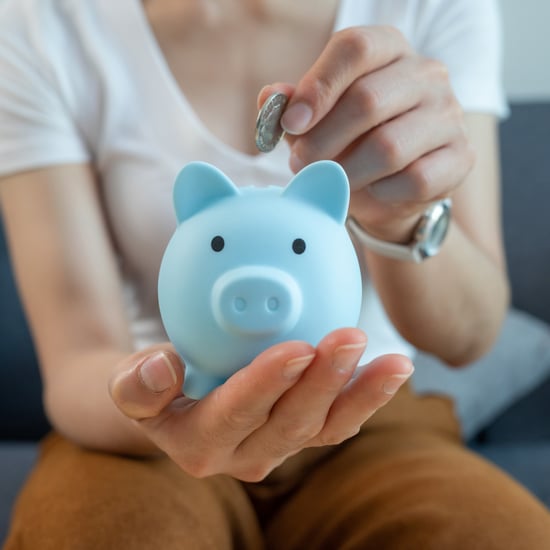How to Buy Your First Home
5 Key Budgeting Tips For Millennials Wanting to Buy Their First Home

When it comes to buying a home, it's important that, before you make the long-term commitment, you get your finances in order. Not too long ago, many people thought that millennials would never buy homes because of their need for experiences and not wanting to be locked down. However, according to a recent report by the National Association of Realtors, millennials are "the largest generation of buyers." Millennials simply manage their money differently than other generations, so what will it take to budget correctly in order to be prepared for homeownership? Follow these five key tips if you're itching to have a home of your own.
1. Plug in Your Money Leaks
Most people work hard for their money and are interested in seeing where it goes. However, sometimes when you have a small leak, it becomes easy for you to spend money and have no clue where that money went. That's why creating a budget is important, but before you can create the budget, you must make sure that you plug-in any money leaks. This includes taking Lyfts and Ubers everywhere, eating out often, happy hours and drinking with friends, entertainment, and all the other discretionary items that if not controlled, can push your budget in the wrong direction. It's imperative that as you're creating your budget, you take a look at those discretionary items and pull back on them. This will help you save the most money that you can and put yourself in a better position to win as a first time homebuyer.
2. Pay Yourself First
Now that you have plugged in your money leaks, it's time to pay yourself first in order to save for your down payment. The truth of the matter is that most people will not pay for their first home in cash, so taking out a mortgage to finance that purchase is necessary. Most banks will require 20 percent as a down payment unless you use a program with a smaller down payment requirement like Federal Housing Administration loans that only require 3 percent down. In addition to your down payment, you also need money for closing costs as well as a cushion for maintenance and repairs after you close the home. So, paying yourself first will be an important part of the first-time home buying experience. Make sure that as you're setting money aside, you limit the amount of access you have to your savings. This lessens the temptation to withdraw and use it for something else. My suggestion would be to open up a high-yield savings account that's not connected to your main checking account, and you should also not have an ATM card attached to it.
3. Take Control of Your Outstanding Debt
One of the main reasons that many people, including millennials, don't have enough money to save for their first home is because too much money is going out towards debt. Having high debt can also lead to a bank potentially not approving your mortgage loan because of your debt-to-income ratio. For these reasons, it's important that you take control of your outstanding debt. Establish a plan that will allow you to begin to remove the debt or pay it down to a level that will free up more cash and give you a wider cushion for your mortgage payments. Start by creating the snowball effect, which means organising your debt from lowest to highest, pay the minimums on all your debt, take whatever is left over from your budget that's allocated to pay debt and pay off the smallest account. The following month do the same thing, pay the minimums on all accounts, then the money you would have spent on the account that's paid off, you snowball to the next lowest account. Eventually you will have one or two accounts and that will give you better control over your outstanding debt.
4. Get Preapproved For a Loan
After doing tips 1-3, it's time to get a preapproval so that you know what house cost you can really afford. This is an important part of the first-time home buying process because the preapproval letter will allow you the opportunity to shop for a home, and once you find one, you'll need to look into additional costs like interest, taxes, and insurance to add to your monthly mortgage amount. Then you can determine whether owning a home is a reality or not based on your income and budget.
5. Plan to Buy a Multi-Family Home, Duplex, or a Larger Home
Lastly, as a millennial who loves experiences, financial freedom and creating multiple streams of income can support the lifestyle that you desire. As you're planning to purchase your first home, you may consider buying a multi-family home, duplex, or a larger home than you need. While this should be done within your budget, buying one of these types of homes can be a smart move for a millennial because it gives you the opportunity to live in half the house and rent out the other half to help pay the mortgage or to help sustain your lifestyle. The great news is that as you continue to pay down your mortgage, you build equity in your property and you've already created an environment of being a landlord, which can allow you to keep the property as an investment if you decide to move out later on. You can even take advantage of Airbnb to increase your passive income.
Luvleen Sidhu is the president, cofounder, and chief strategy officer at BankMobile, the largest and fastest growing digital bank in the country helping the underbanked, millennials, and middle-income Americans have an affordable, effortless, and financially empowering banking experience.






